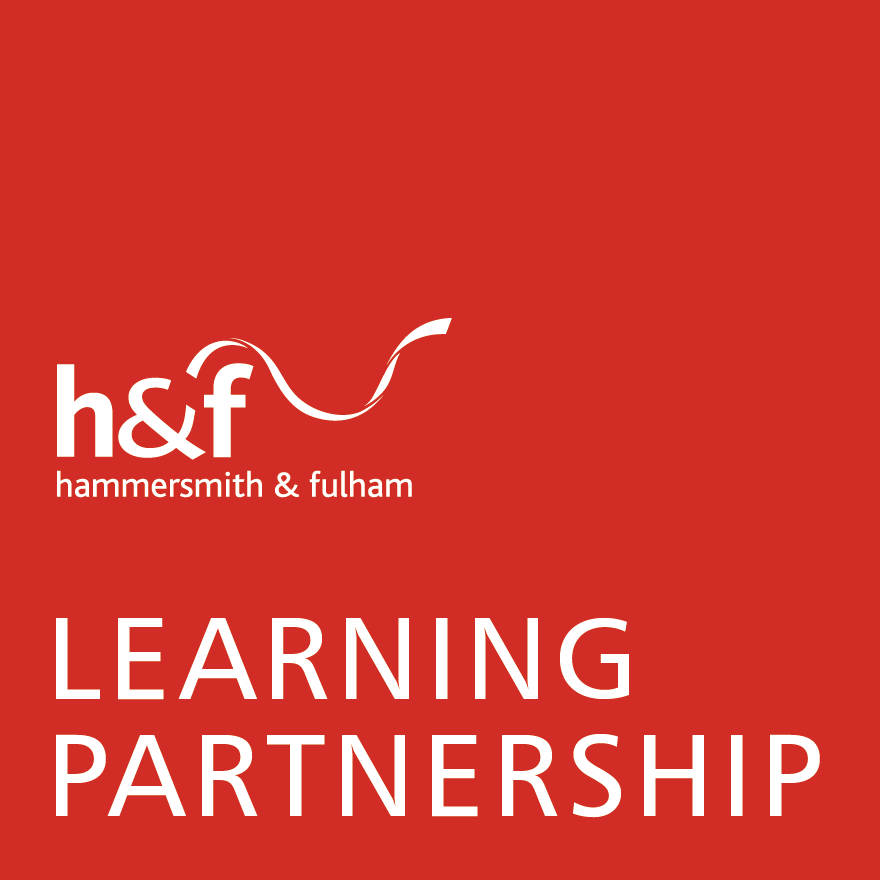-
23.11.23
November 23, 2023
4:00 pm - 5:30 pm -
15.02.24
February 15, 2024
4:00 pm - 5:30 pm -
12.06.24
June 12, 2024
4:00 pm - 5:30 pm
“Mental maths is as important to mathematics as phonics is to literacy.”
The three linked courses will be concerned with mental calculation, written calculation and problem solving. I have spent the last two years working with Andrew Jeffrey on a NCETM action research project examining children’s mental strategies post pandemic.
The research project looked at the children’s mental strategies in Years 3 and 4 (2021-2022) and again in (2022 – 2023). In our final year, we looked at the potential benefits of rehearsing and recalling strategies in the daily mathematics meeting.
We found that the not only did the teachers benefit from the project but the children became increasingly confident in mathematics and significant gains (by the ‘cuspy’ children) were made in the reasoning papers in the summer summative tests.
23.11.23: Developing a feel for number and supporting mental calculation
Target audience:
-
Maths subject leaders
-
Phase leaders
-
Class teachers
-
NQTs
- Teaching assistants
Course objectives:
-
To examine recent action research in mental mathematics
-
To examine a range of teaching and learning strategies for mental calculation
-
To explore the role of new and existing maths resources, as mathematical models and for hands on learning
-
To consider practice and recall activities in the daily mathematics meeting
- To consider the next steps back in school
Course information
A mastery curriculum emphasizes written methods over mental methods. Summative testing favours arithmetic over mental calculation and jottings. This course will look at supporting and developing mental methods in the primary school and how mental maths was severely impacted by the pandemic and online learning. A selection of key resources and maths games/activities will be shared with course delegates. Post attendance, each delegate will be sent an access code to all the course materials, games and activities.
15.2.24: Unpicking written calculation: teaching written methods in KS 2
Target audience:
-
Maths subject leaders
-
Phase leaders
-
KS 2 class teachers
-
NQTs
- Teaching assistants
Course objectives:
-
To develop subject knowledge
-
To make mathematics accessible through a range of models and images
-
Explore a range of strategies in all four operations
- To examine common errors and misconceptions
Course information
During the course delegates will explore the mathematical vocabulary, including the correct terminology for all four operations. There will be an emphasis on the models of addition, subtraction, multiplication and division, these will be explained and demonstrated by using key resources such as, bead-strings, two colour counters, Numicon, base ten and place value counters. Delegates will also be asked to consider the advantages of some resources over others and how to introduce decimals using proportional and non-proportional resources to Years 4, 5 and 6. Post attendance, each delegate will be sent an access code to all the course materials, games and activities.
12.6.24: Developing a problem solving toolkit
Target audience:
-
Maths subject leaders
-
Phase leaders
-
Class teachers
-
NQTs
- Teaching assistants
Course objectives:
-
To ensure all children are problem solvers.
-
To consider the importance and development of a problem solving tool kit
-
To examine all five problem solving types
-
To demonstrate how you can make every lesson a problem solving lesson
- To show why it is important to give children a range of problem solving experiences.
During this course, delegates will have the opportunity to solve some short mathematical problems and consider all the skills and strategies needed to solve them. Every lesson can be a problem solving lesson from quick questions posed at the beginning or end of a lesson, to more lengthy investigative work lasting the whole lesson or longer. Experiences and learning through problem solving not only addresses multiple learning objectives, but will also help the children to develop a personal problem solving tool kit. Post attendance, each delegate will be sent an access code to all the course materials, games and activities.
Click here to book on the course.
Venue: Online



